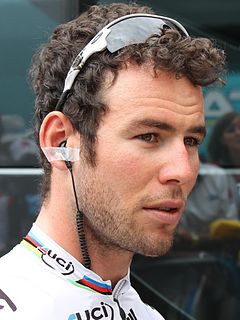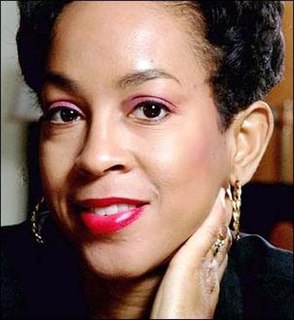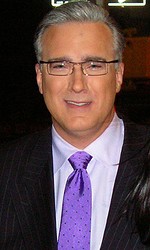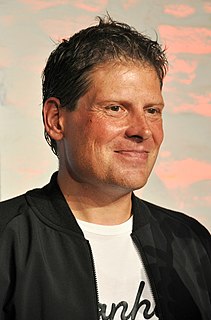A Quote by Mark Cavendish
Once you can accept that you have a mental illness, that is when you can work on it.
Related Quotes
The very term ['mental disease'] is nonsensical, a semantic mistake. The two words cannot go together except metaphorically; you can no more have a mental 'disease' than you can have a purple idea or a wise space". Similarly, there can no more be a "mental illness" than there can be a "moral illness." The words "mental" and "illness" do not go together logically. Mental "illness" does not exist, and neither does mental "health." These terms indicate only approval or disapproval of some aspect of a person's mentality (thinking, emotions, or behavior).
When you have mental illness you don't have a plaster or a cast or a crutch, that let everyone know that you have the illness, so people expect the same of you as from anyone else and when you are different they give you a hard time and they think you're being difficult or they think you're being a pain in the ass and they're horrible to you. You spend your life in Ireland trying to hide that you have a mental illness.
Once my loved one accepted the diagnosis, healing began for the entire family, but it took too long. It took years. Can't we, as a nation, begin to speed up that process? We need a national campaign to destigmatize mental illness, especially one targeted toward African Americans. The message must go on billboards and in radio and TV public service announcements. It must be preached from pulpits and discussed in community forums. It's not shameful to have a mental illness. Get treatment. Recovery is possible.








































